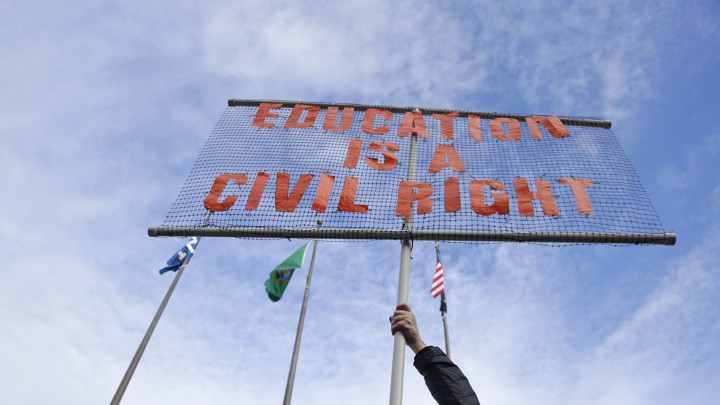by David S. Rich, Esq.
On January 18, 2018,
New York City Local Law 59 of 2018 (“Local Law 59” or the “new Law”) became law. Effective October 15, 2018, Local Law 59 of 2018 amends the New York City Human Rights Law, N.Y.C. Admin. Code §§ 8-101 – 8-131 (the “City Human Rights Law” or the “NYCHRL”), by creating an independent
cause of action, for monetary damages, against employers in New York City for failing to engage in the interactive process of determining if an accommodation of a disabled employee (or other eligible employee) is needed.
On December 19, 2017, the New York City Council, by a vote of 48-2, had approved Local Law 59. Because New York City Mayor Bill de Blasio neither signed nor vetoed Local Law 59 within 30 days after its approval by the Council, Local Law 59 became law.
Local Law 59 legislatively overrules, in part, the New York Court of Appeals’ 2014 decision of Jacobsen v. New York City Health & Hospitals Corp., 22 N.Y.3d 824, 11 N.E.3d 159, 988 N.Y.S.2d 86 (N.Y. 2014). In the Jacobsen decision, the New York Court of Appeals had held (i) that there exists no independent cause of action, either under the New York State Human Rights Law, N.Y. Exec. Law §§ 290-301 (the “State Human Rights Law” or the “NYSHRL”) or under the NYCHRL, against employers for failing to engage in a good faith “interactive process” of determining if an accommodation of a disabled worker is needed, but (ii) that the employer’s refusal to engage in an interactive process is a factor to be considered by the courts in determining whether a reasonable accommodation, for the worker’s disability, was available. See Jacobsen, 22 N.Y.3d at 838.
Background
The New York City Human Rights Law requires employers with four or more employees to make reasonable accommodation to enable an individual with a disability to satisfy the essential requisites of a job.
The NYCHRL authorizes any individual aggrieved by a discriminatory practice to file a
civil actionin a court of law or to file an administrative proceeding with the City Commission on Human Rights. Under the NYCHRL, in a civil action in a court of law, employees may recover, among other remedies, non-capped compensatory damages, punitive damages, and, if they win and at the court’s discretion, costs and reasonable attorney’s fees.
The New Law
Local Law 59 of 2016 amends sections 8-102 and 8-107 of the NYCHRL by rendering it an unlawful discriminatory practice for an employer in New York City with four or more employees to refuse or otherwise fail to engage in a “cooperative dialogue” within a reasonable time with an individual who has requested an accommodation (whether related to a disability, religious practices, pregnancy or childbirth, or needs as a victim of domestic violence) or whom the employer has notice may require such an accommodation.
The new Law defines a ” ‘cooperative dialogue’ ” as “the process by which [an employer] and a person entitled to an accommodation, or who may be entitled to accommodation under the law, engage in good faith in a written or oral dialogue concerning the person’s accommodation needs; potential accommodations that may address the person’s accommodation needs, including alternatives to a requested accommodation; and the difficulties that such potential accommodations may pose for [the employer].”
Although, under Local Law 59, employers in New York City must engage in the interactive process of determining if an accommodation of a disabled employee (or other eligible employee) is needed, the new Law specifies that satisfying this cooperative dialogue requirement “is not a defense” to a claim of failing to provide a reasonable accommodation.
Local Law 59 further provides that the employer, after concluding the cooperative dialogue and reaching a determination, must give, to the requesting employee, “a written final determination identifying any accommodation granted or denied.”
Take-Aways for Employers
Because, under Local Law 59, failure to engage in the interactive process is itself actionable, the new Law increases the importance, to employers in New York City, of satisfying this cooperative dialogue requirement.
In order to avoid inadvertent oversights and undue delays, employers should train their managers or supervisors to recognize when to begin the interactive process.
Even before Local Law 59 became law, the best practice was for an employer, after finishing the interactive process and reaching a decision, to give, to the employee requesting an accommodation, a written response identifying any accommodation provided or denied.
Now, however, employers in New York City are required to issue these written determinations. Businesses must issue, to requesting workers, these written determinations whether the request for accommodation is related to a disability, religious practices, pregnancy or childbirth, or needs as a victim of domestic violence.



